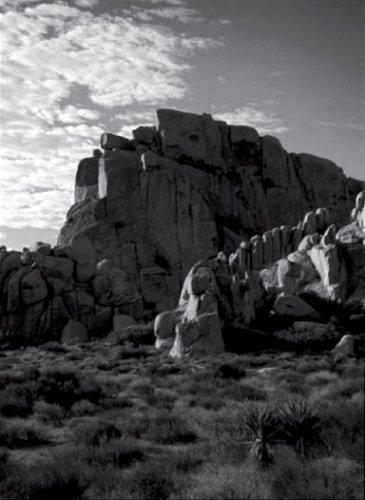A nearly year-long review by the U.S. Government Accountability Office determined that while environmental regulations at times slowed Border Patrol operations in the Southwest, a strong majority of agents-in-charge "reported that the overall security status of their jurisdiction is not affected by land management laws."
The conclusion runs contrary to the picture Republican members of the U.S. House of Representatives Natural Resources Committee have tried to portray. In late September the Republicans, led by U.S. Rep. Rob Bishop, R-UT, the ranking member on the committee, issued a release stating that "many of our public lands along both the northern and southern U.S. borders are being destroyed due to environmental regulations that prohibit Border Patrol from securing these areas."
"Our land managers must see the bigger picture and we must ensure that government agencies do not interfere with Border Patrol’s ability to protect our federal lands," the statement added.
Elsewhere on the Republicans' blog they maintain that, "Serious security gaps exist on federal lands along the northern and southern U.S. border. While the goal of the Department of the Interior and the Department of Agriculture is to protect our national parks, forests, wildlife refuges and other public lands, internal documents have shown that DOI land managers are using environmental regulations (such as the Endangered Species Act or the National Environmental Policy Act) to hinder U.S. Border Patrol security efforts. For example, Border Patrol is often blocked access to these lands, unable to use motorized vehicles to patrol these areas, and prevented from placing electronic surveillance structures in strategic areas.
"As a result, our federal lands have become a highway open to criminals, drugs smugglers, human traffickers and potentially terrorists. This has led to escalated violence and also caused severe destruction of the environment."
But according to the GAO report, requested by Rep. Bishop and based on materials gathered between December 2009 and October, while illegal immigration and drug trafficking along the border continues to be a pressing issue, apprehensions of illegal aliens peaked at 1.65 million per year in the late 1990s before dropping to a low of 540,000 in 2009. The decline was attributed to fewer jobs for illegals in the United States as well as increased border control, the GAO noted.
As to Rep. Bishop's contention that environmental laws such as the Endangered Species Act and National Environmental Policy Act were impeding the Border Patrol in its task, the GAO report found that while these regulations at times led to delays and restrictions for Border Patrol agents in accessing federal lands, "22 of the 26 Border Patrol stations reported that the border security status of their area of operation has not been affected by land management laws (emphasis added)."
A far greater problem, the agents-in-charge told the GAO investigators, is the lay of the land in the Southwest.
"... factors other than access delays or restrictions, such as the remoteness and ruggedness of the terrain or dense vegetation, have had the greatest effect on their abilities to achieve or maintain operational control," the GAO notes on page 34 of the 68-page report.
And while "four patrol agents-in-charge reported that delays and restrictions negatively affected their ability to achieve or maintain operational control, they have either not requested resources to facilitate increased or timelier access or have had their requests denied by senior Border Patrol officials, who said that other needs were greater priorities for the station or sector."
The report did note that some Border Patrol activities had ranged into officially designated wilderness areas and impacted those areas.
In addition to collecting data on the environmental impacts of cross-border illegal activity, land managers in some areas have also collected data on the environmental effects of Border Patrol’s response to cross-border illegal activities. For example, land managers for Organ Pipe Cactus National Monument and Cabeza Prieta National Wildlife Refuge have created maps showing the extent of off-road vehicle travel by Border Patrol agents. Such travel can disrupt endangered species and damage vegetation, soils, and water runoff patterns, according to these land managers.
In response to those incursions, land managers -- including National Park Service personnel at Organ Pipe Cactus -- have been mapping these incursions and working with Border Patrol officers "to identify approaches for apprehending undocumented aliens as close to the border as possible—a strategy outlined in the 2006 memorandum of understanding—thus averting the need to travel as much off road in these wilderness areas."
The report also noted that land managers in the Southwest have been "(1) restoring lands and mitigating environmental damage, (2) providing Border Patrol agents with environmental and cultural awareness training, (3) protecting staff and visitors, and (4) establishing conservation measures to reduce adverse effects of Border Patrol actions on endangered species and their habitats."
You can find the entire GAO report at this page.




Add comment